
Rainbow Ramblings - 2022
Thank you so much – the forgotten art of the thank you
letter!
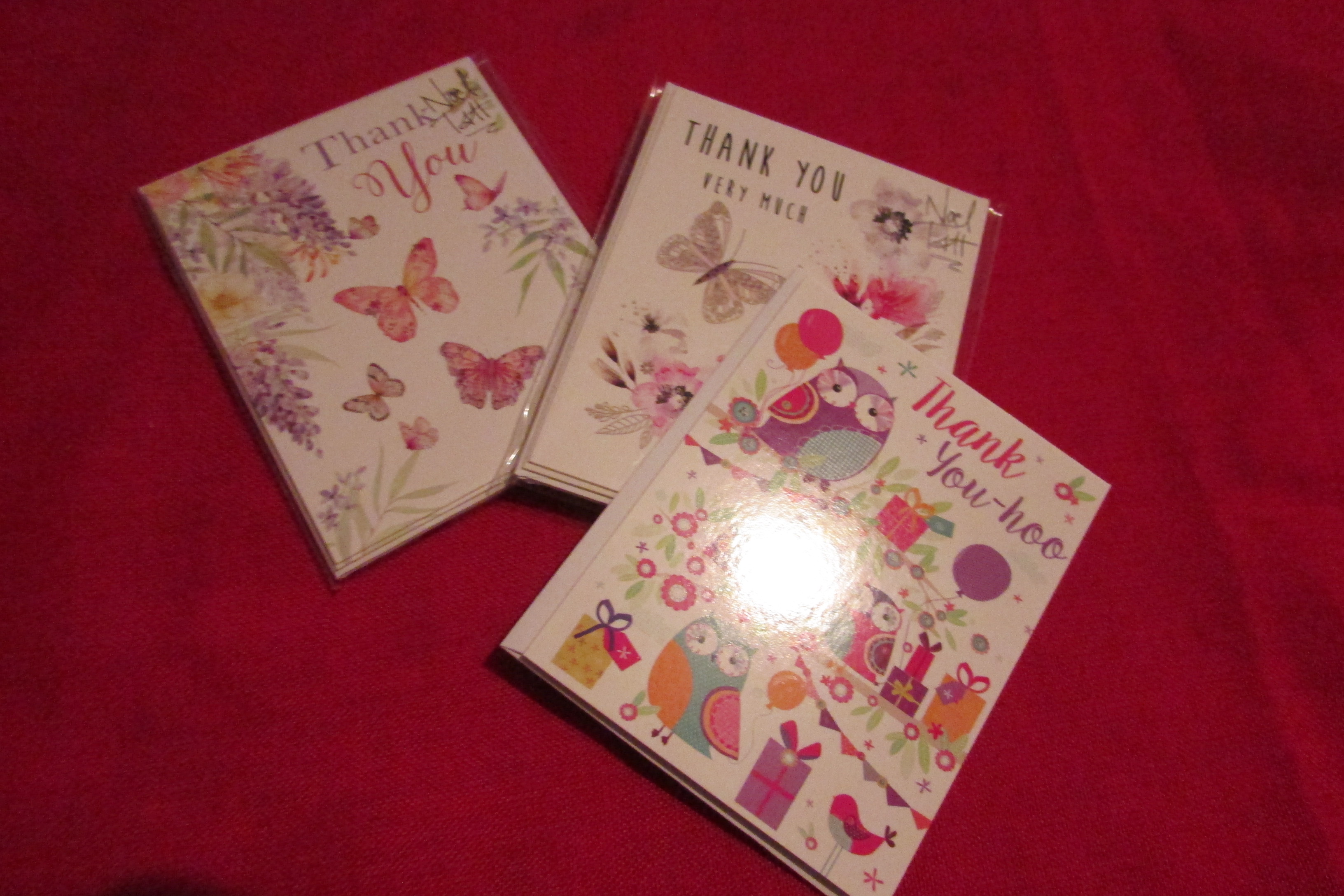
.When I was a little girl, it was drummed into me that if
somebody sent a gift, it was expected that I would send a thank you card. It
didn’t have to be long or detailed (though mine usually were!), just a couple
of lines to say how much the gift was appreciated and to thank people for their
kindness.
Will you or won’t you?
Send Christmas cards that is! Are you planning on sending
masses, a selection to the special people in your life or none at all?


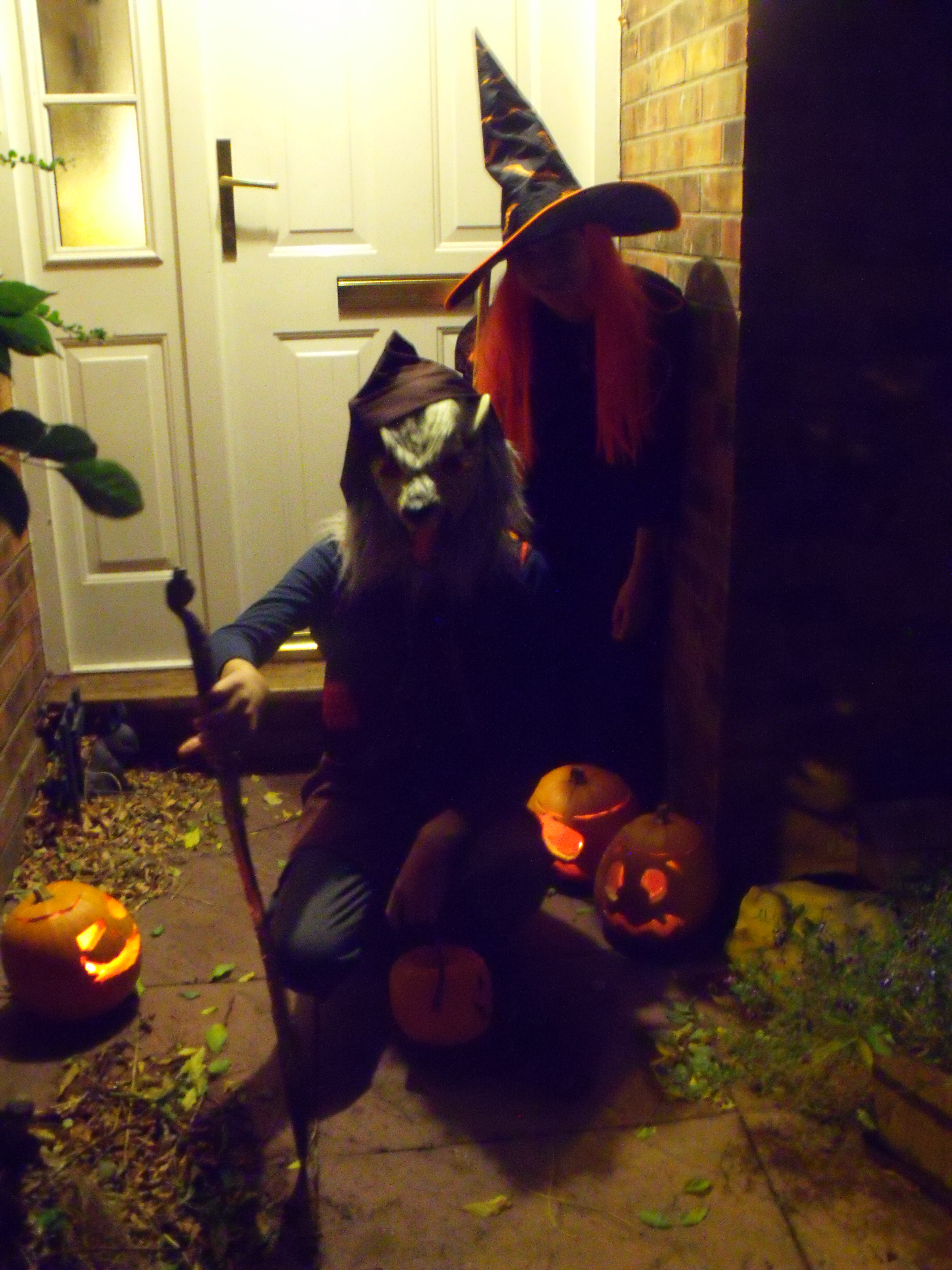
'From ghoulies and ghosties and long-leggety beasties And things that go bump in the night, ..
Halloween
31st October
Love it or loathe it?
So what are your views on Halloween? Harmless fun or something more sinister? Are
you happy for children to come knocking on your door or do you switch off the
lights and hide away?

Face to face? You must be joking!
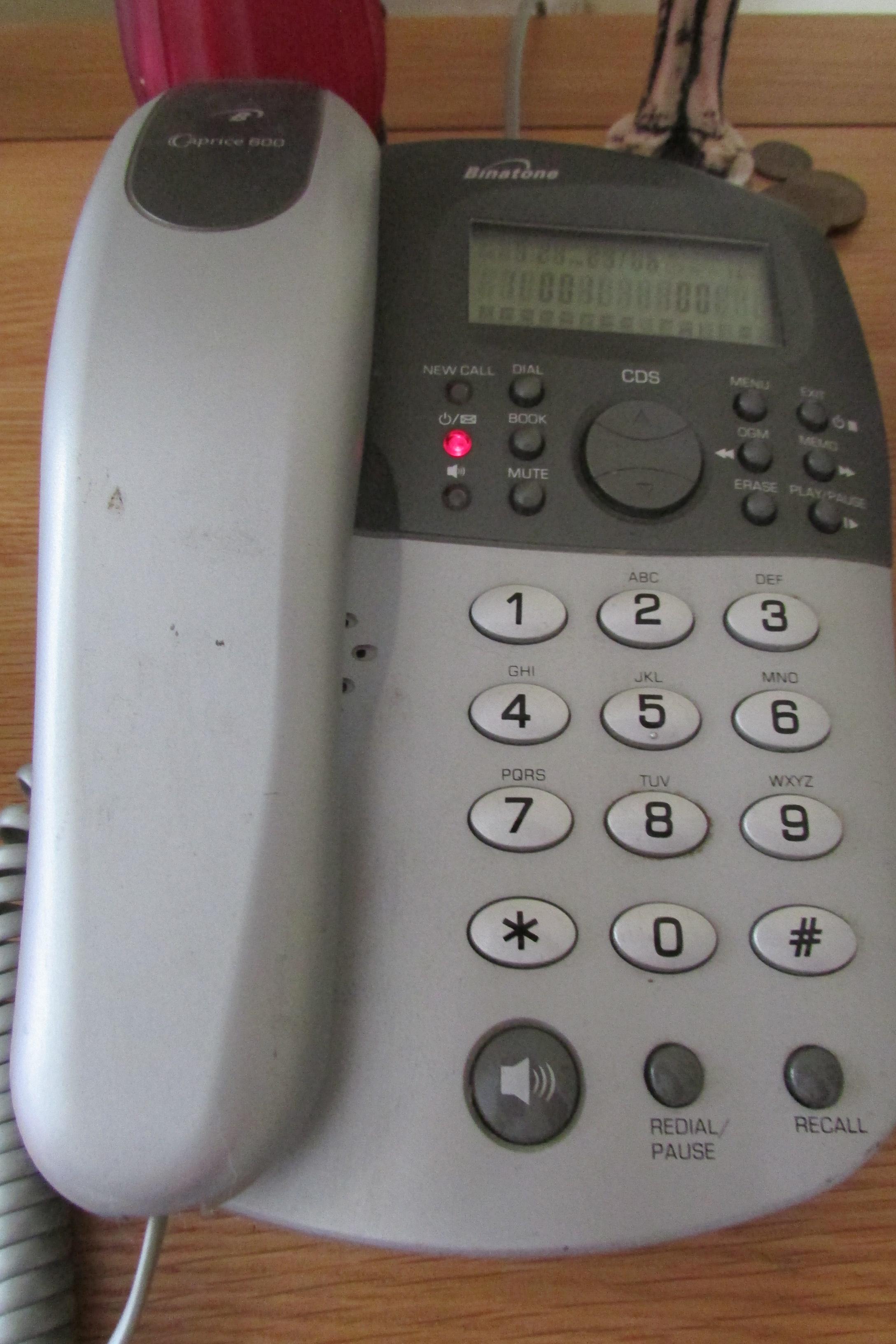
Her Majesty Queen Elizabeth
1926 - 2022
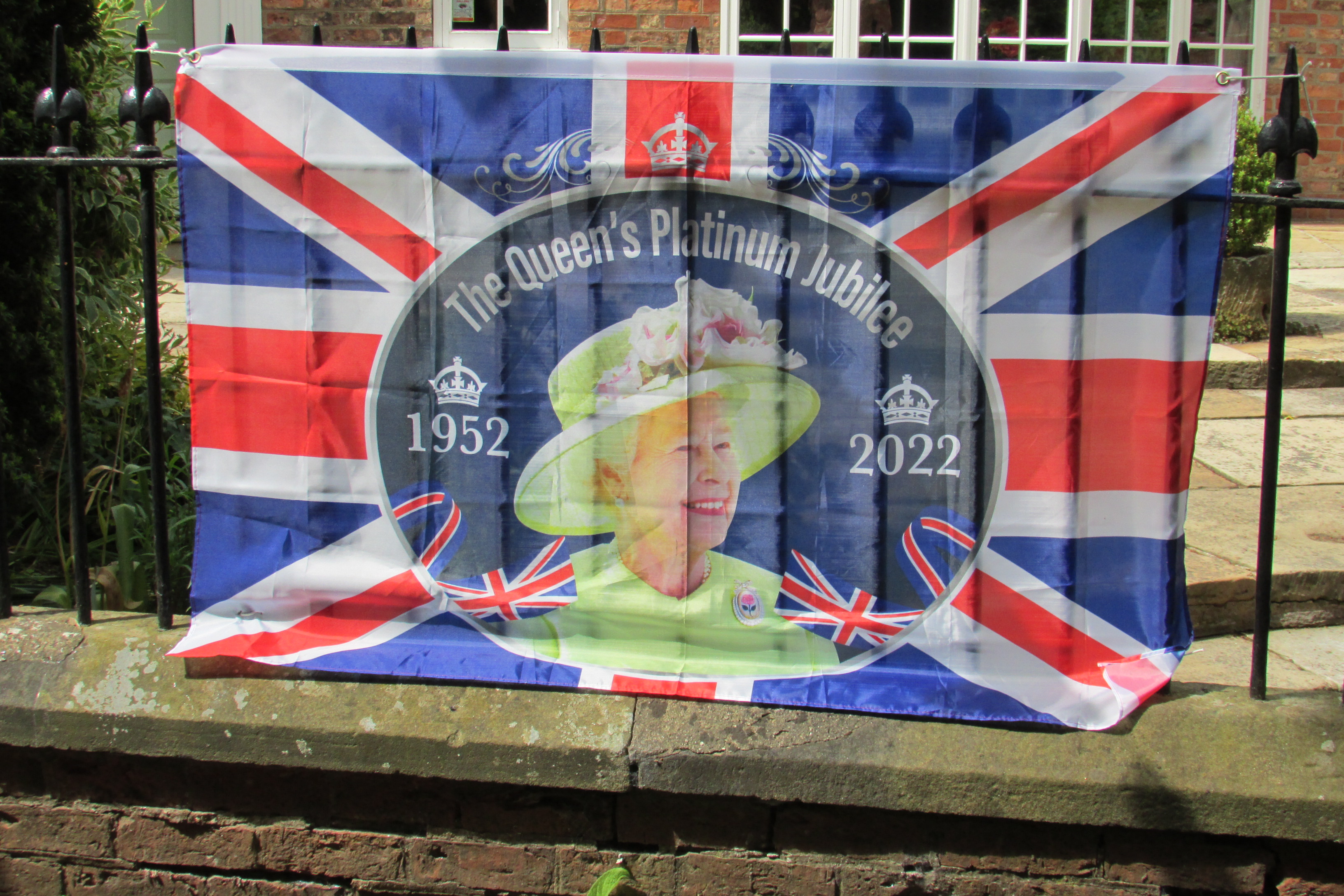
It has been a rather strange week. The sad news of the Queen’s death on Thursday
was a shock to many of us. We had seen the pictures of her inviting her new
Prime Minister to form a government just two days before and although she
looked old and frail she was beaming broadly with hand outstretched. So when
news came through that the Queen was under medical supervision I didn’t think
too much of it. She needed to rest and they were looking after her. But then I
saw that TV coverage was not as scheduled, the presenters were wearing black
and more worrying they were occasionally using the past tense. It was then I
realised that something was seriously amiss.
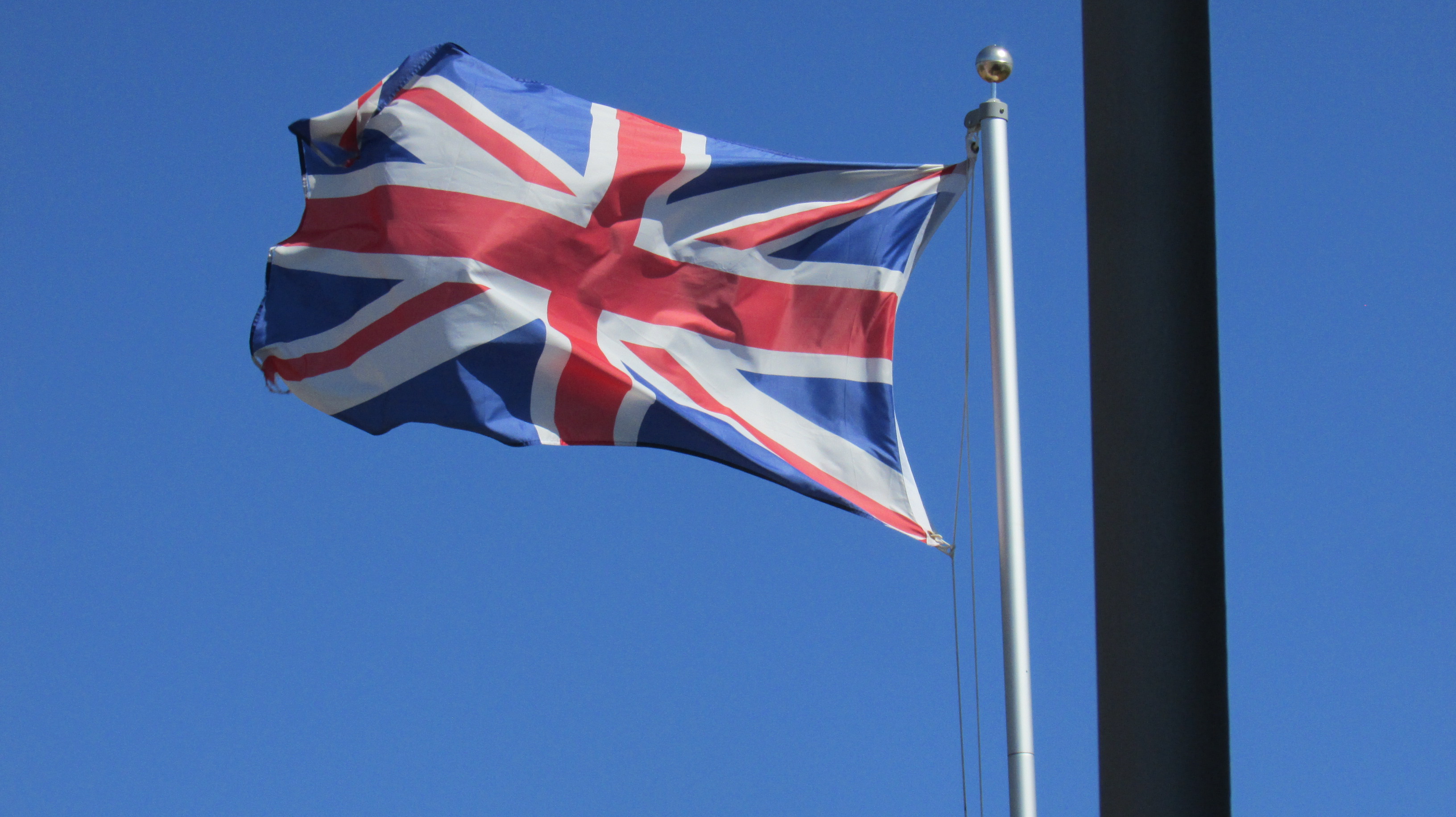
Snail Mail
The joy of letter writing
It is World Letter Writing Day on the 1st of
September. I’ve never heard of this day before but I certainly think letter
writing is worth celebrating! I just
love getting letters – always have done. Getting a card, or a note or a full-blown
newsy letter which you can sit down with and read whenever you want is one of
my favourite things.
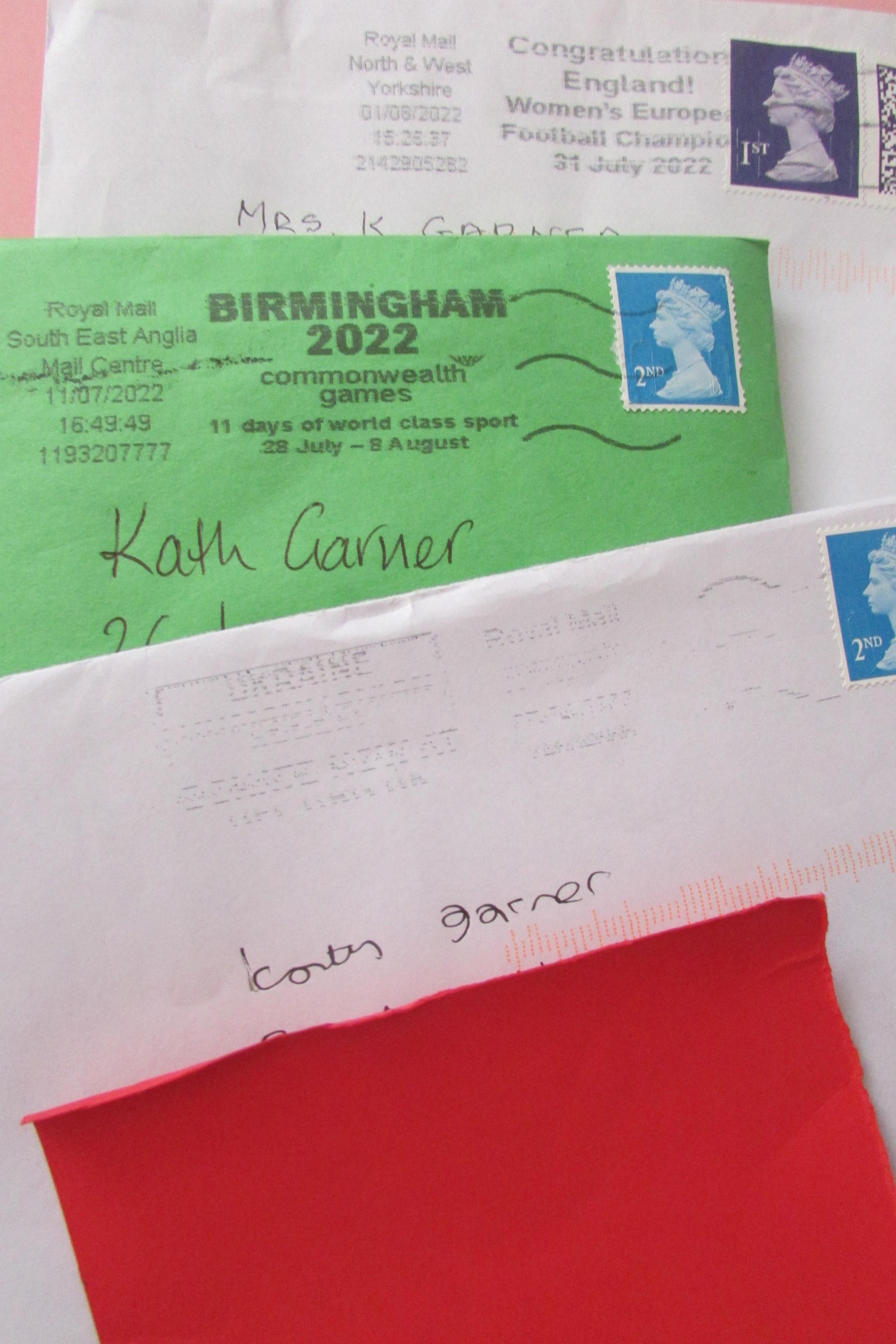

New adventures and new beginnings!
When I left the teaching profession after over 30 years, I
was really at a loss. Too young to be officially retired but
drained, exhausted and lacking self confidence I really did not know what to
do. I was so lucky that my husband was supportive. He backed my decision to
leave work, he told me not to worry and he told me to get myself healthy and
enjoy myself – to start living once again.
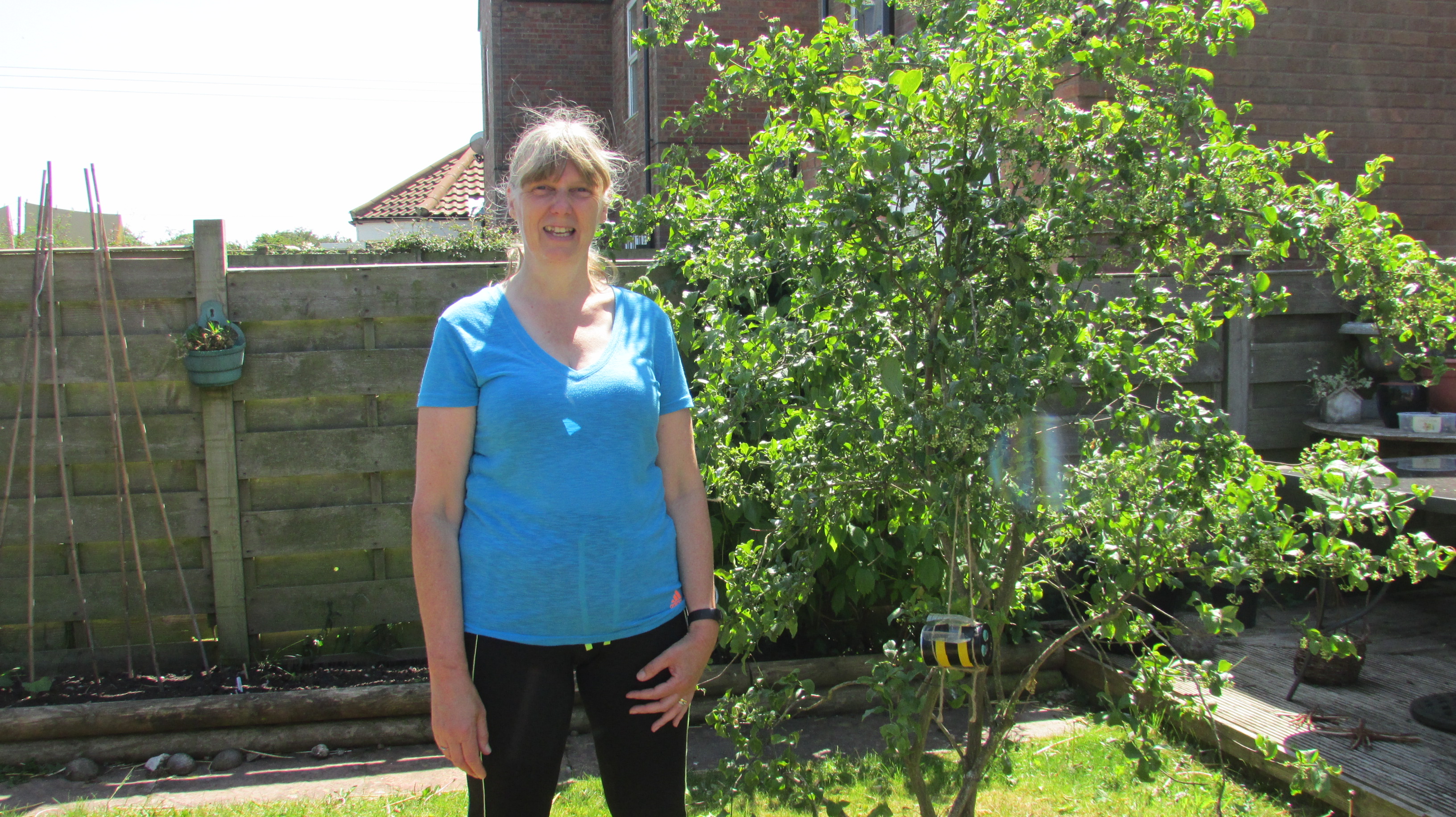

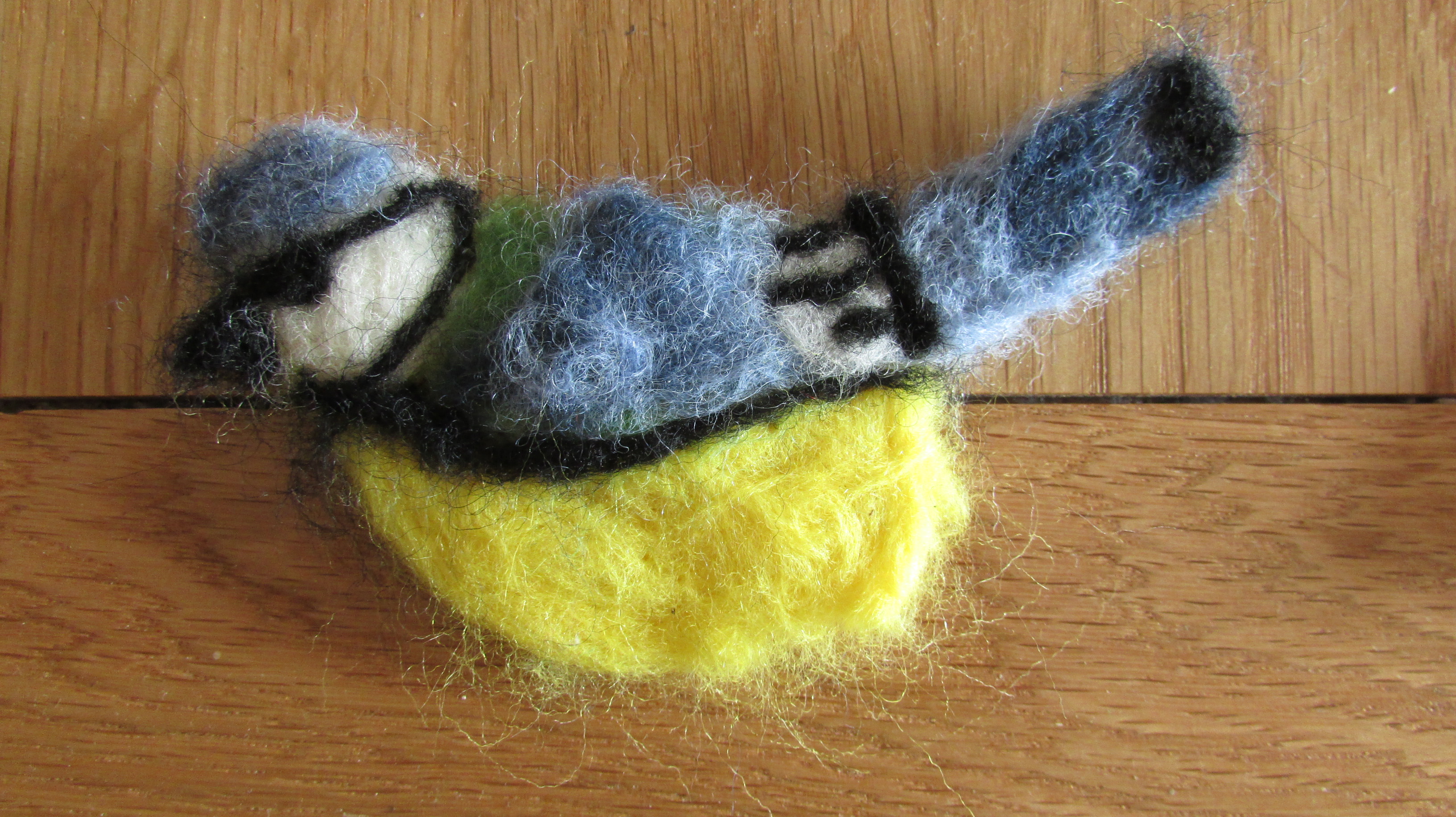
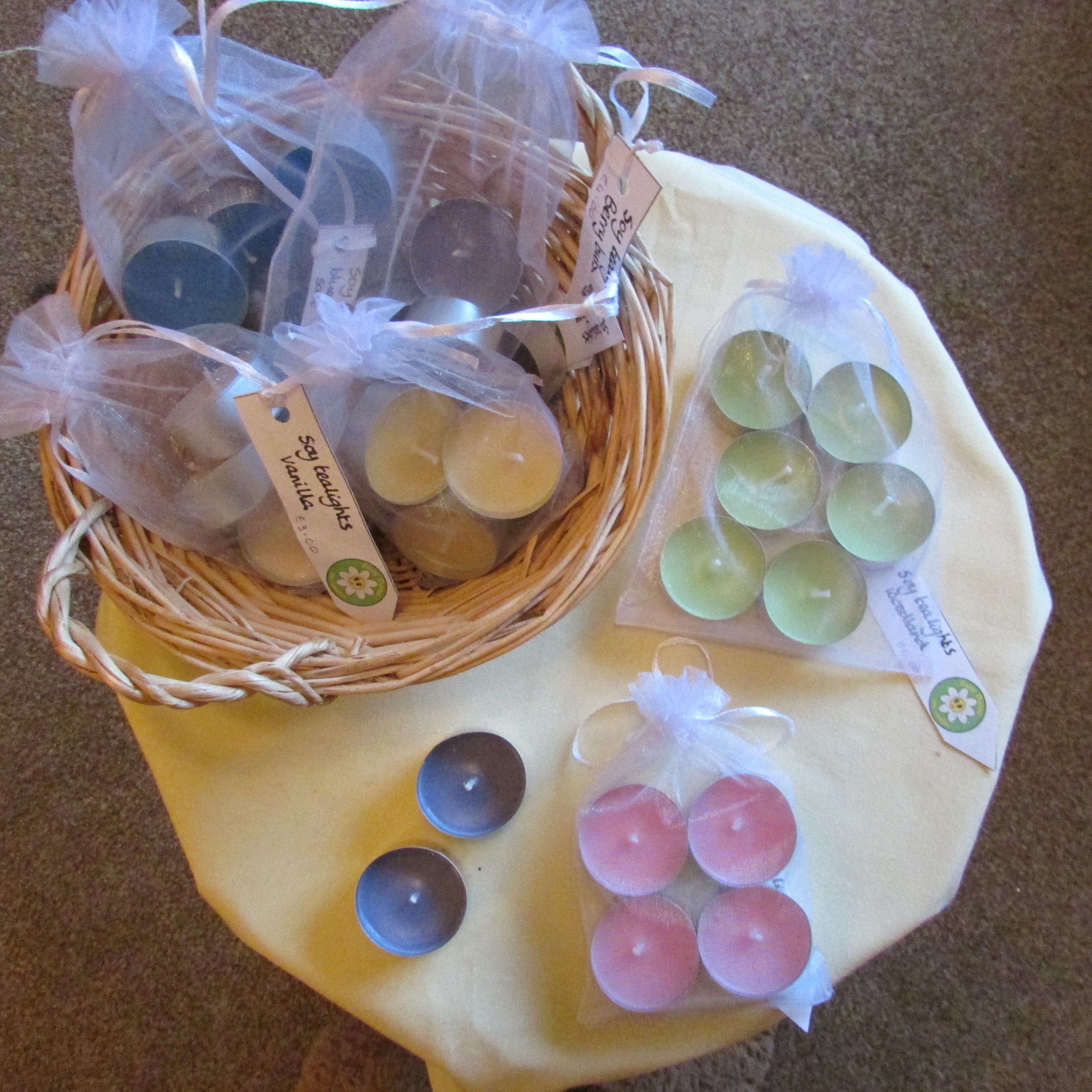
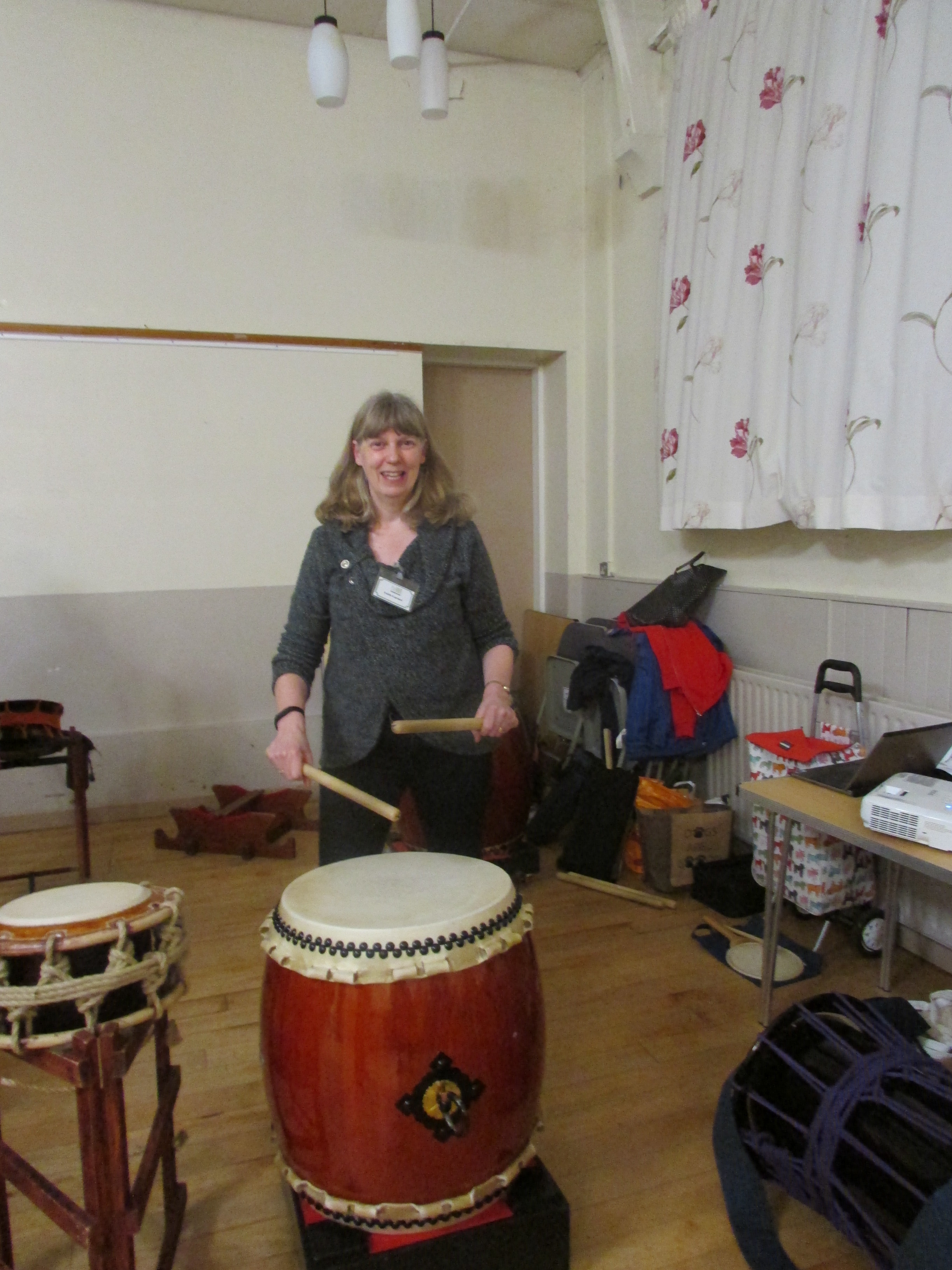
Are you an Eeyore or a Pollyanna?
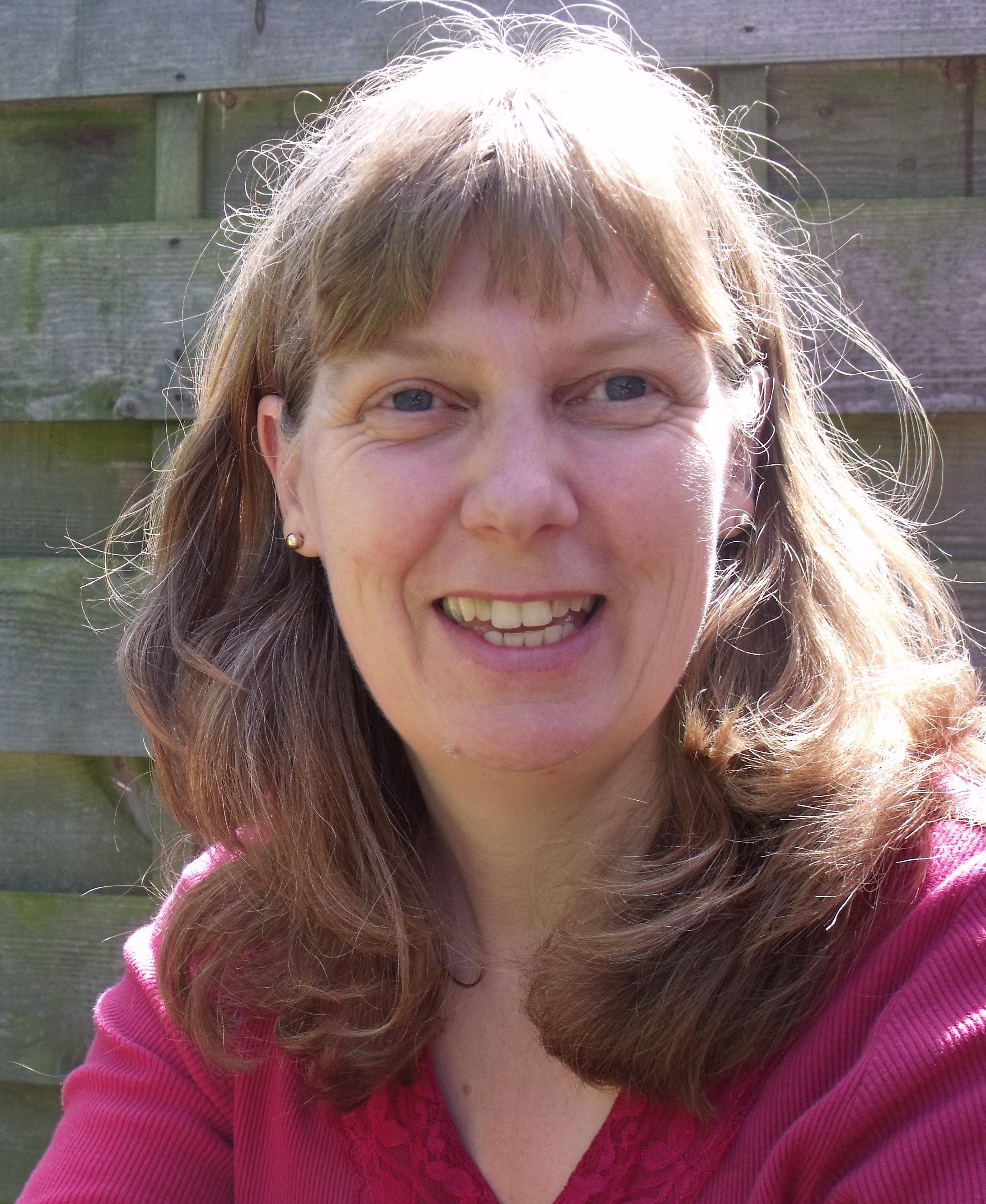
Dame Deborah James
Bowelbabe
1/10/1981
– 28/6/2022
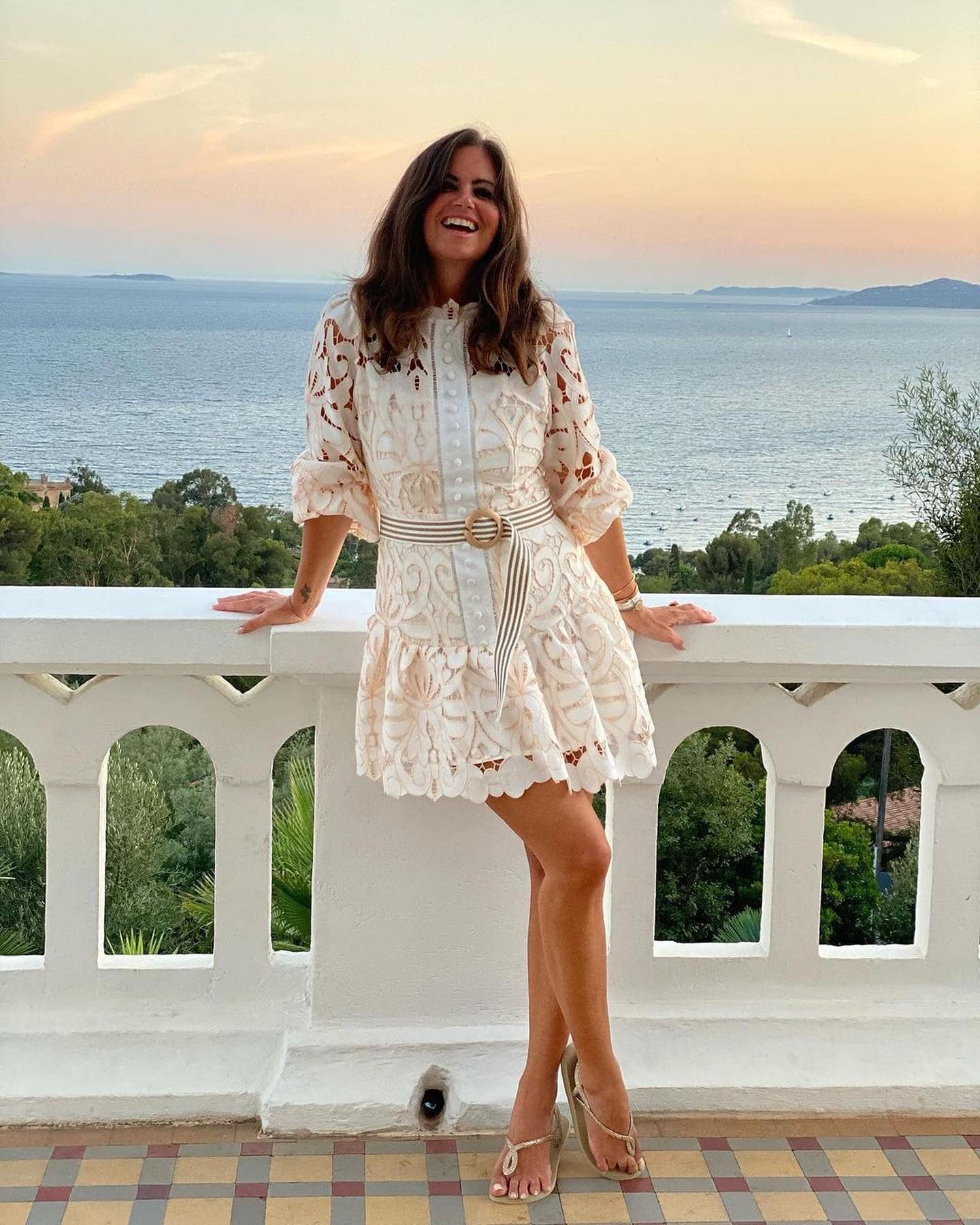
It sometimes takes me a while to think about what to write
in my ramblings section and sometimes I have a very clear idea. I’ve been
mulling over ideas the last couple of days and then a few days ago came the very sad
news that Dame Deborah James had died and it suddenly became clear to me that
she should be my focus this time around.
I usually try to choose something upbeat and cheerful, so
opting to write about the death of someone may seem a strange choice but even
in death Dame Deborah has been inspirational. The legacy she has left behind is
truly incredible and definitely worth celebrating.
‘Find a life worth enjoying, take risks; love deeply; have
no regrets; and always, always have rebellious hope. And finally, check your
poo – it could just save your life.’
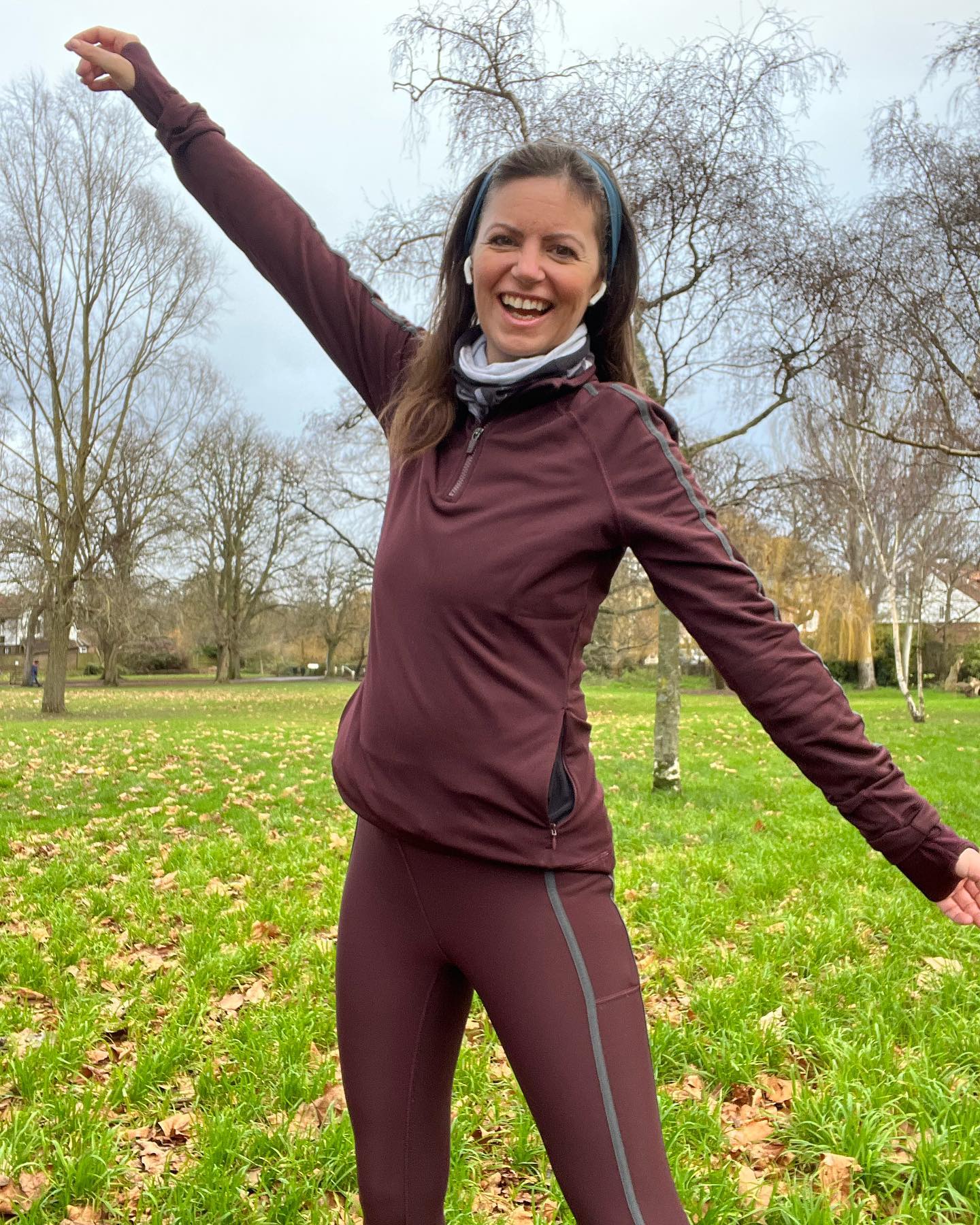
So what happened today?
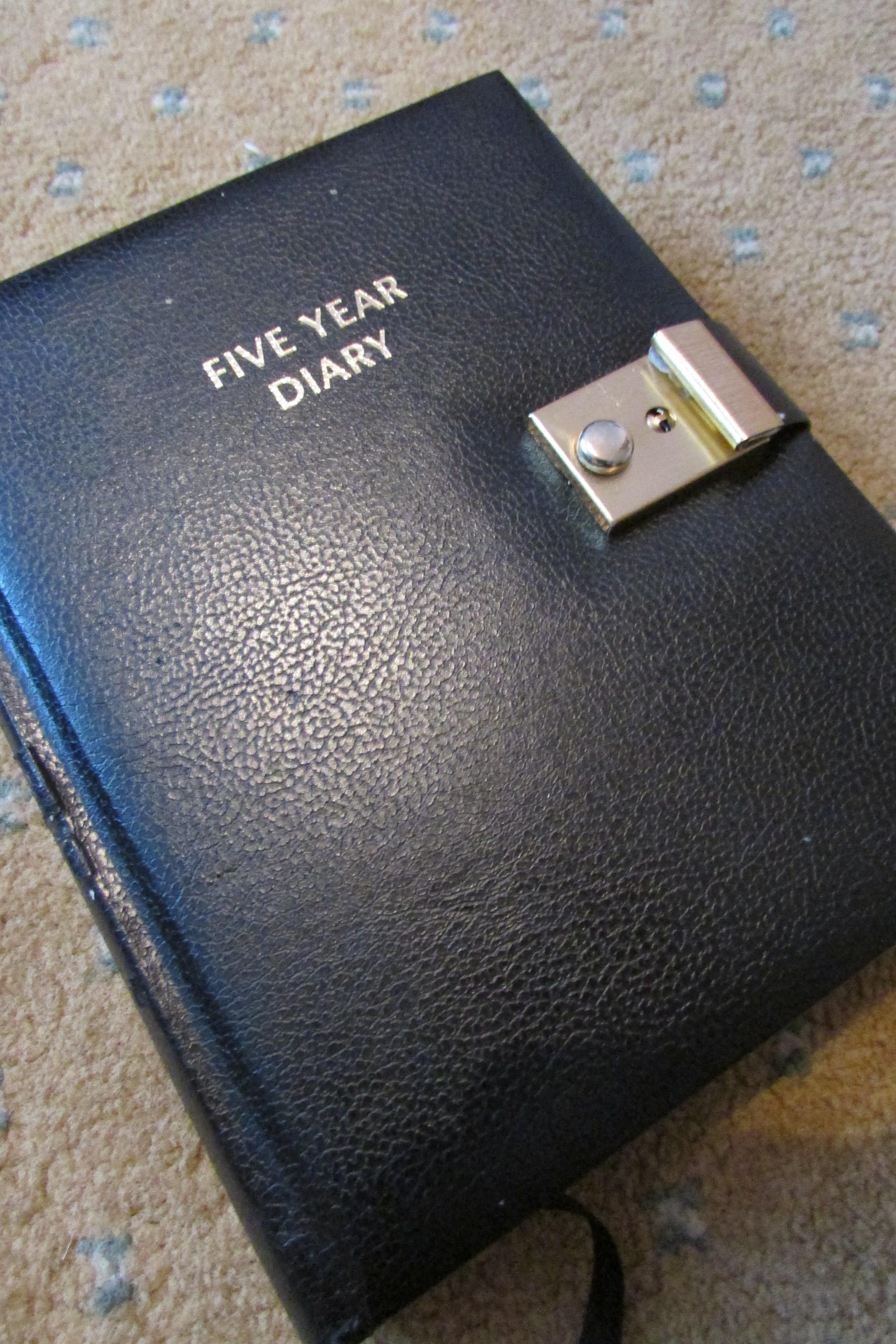
Do you write a diary? I have done since I was at primary
school. Somewhere, there is a box full
of all my scribblings. I’ve kept them all though I am not sure why, I certainly wouldn’t want anyone else reading
them! Those early ones were full of what
I had been doing at school, who I had been playing with, special days etc. The ones from secondary school are full of
teenage angst and written in code just in case someone else was looking! If I
tried to read them now, they would make no sense whatsoever.
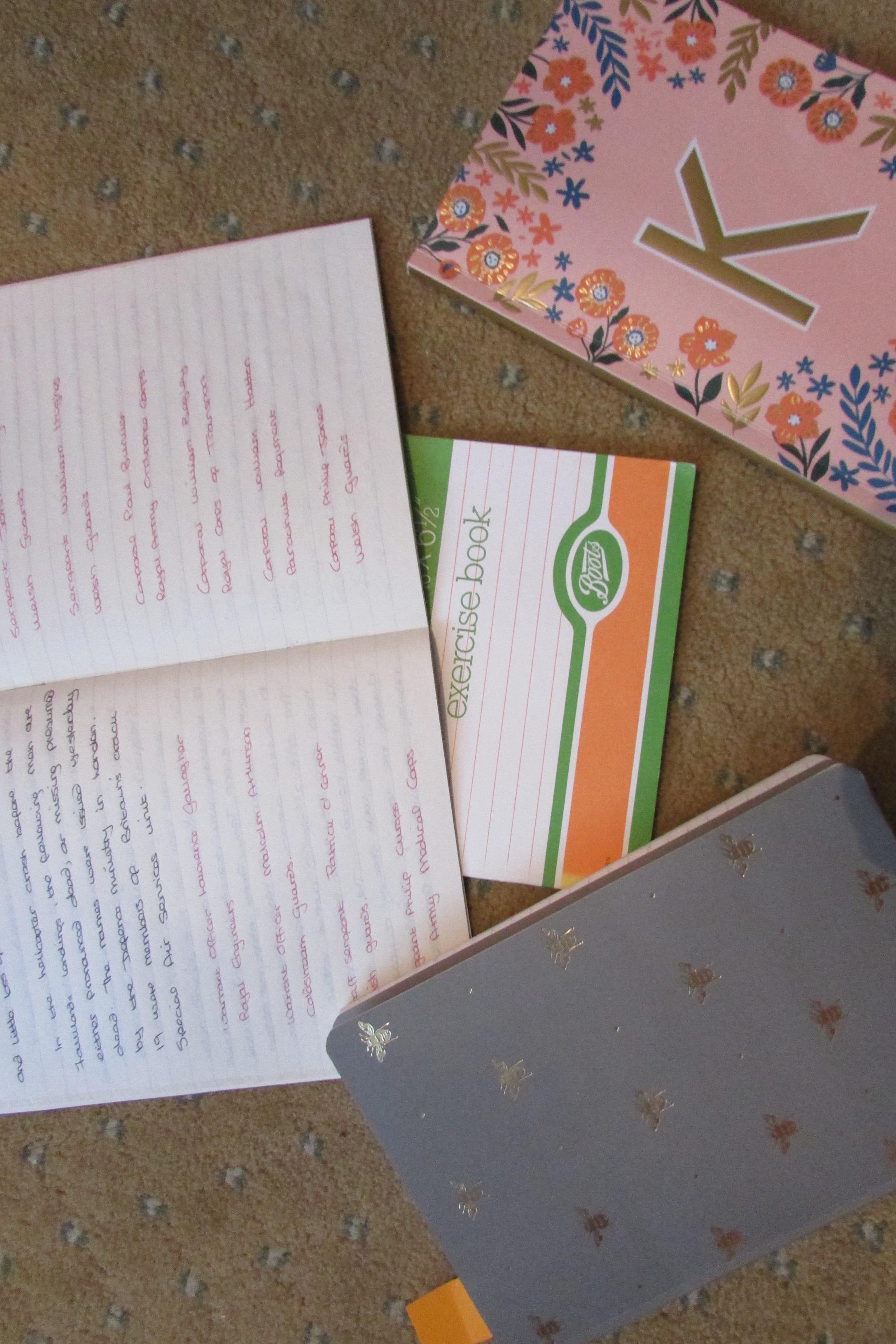
Jubilant Jubilee
Happy Jubilee Weekend!
Have you been celebrating? Or
have you hidden yourselves away, avoiding anything to do with the Jubilee?

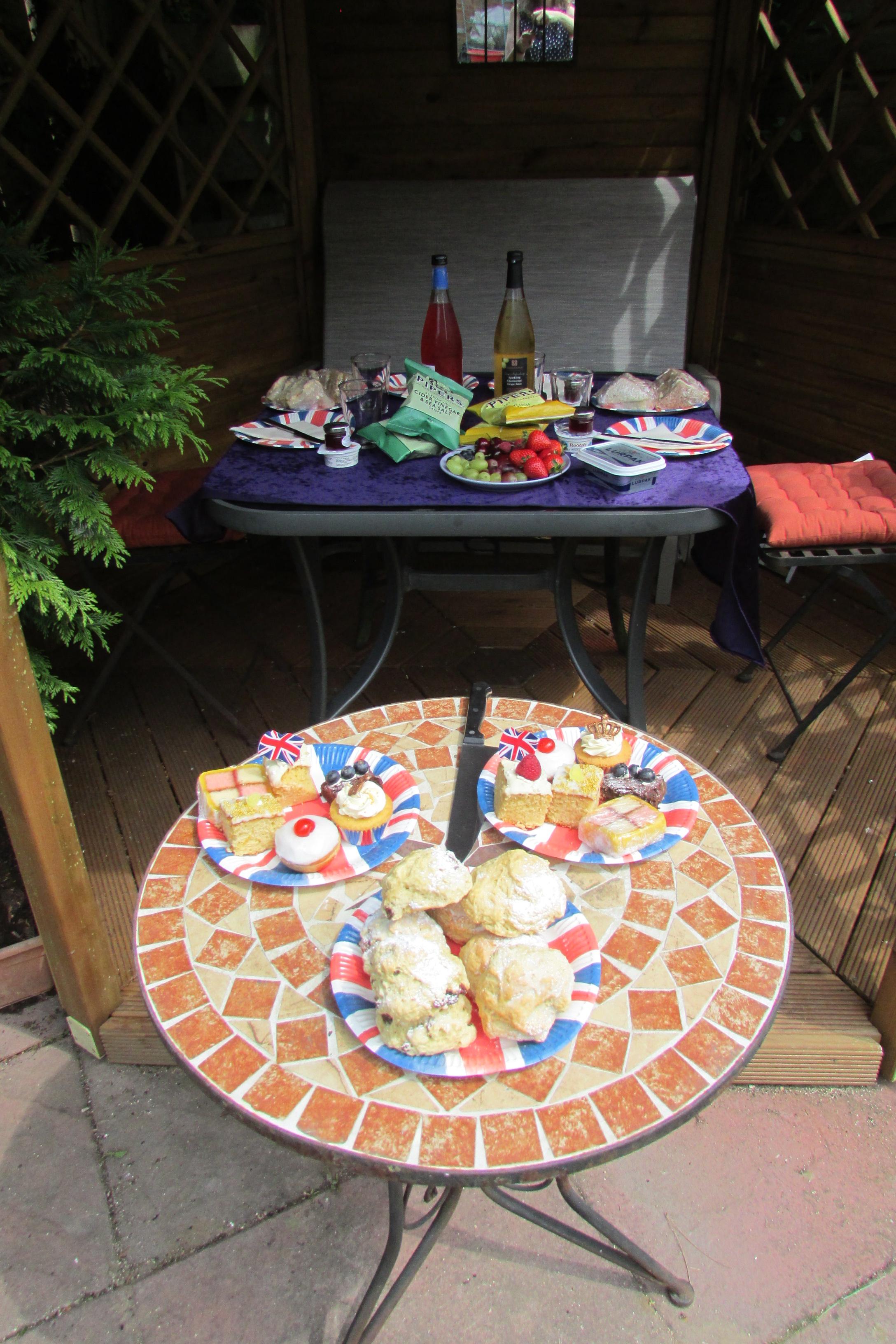
Are you a thinker, an overthinker or a binge thinker?
I’ve frequently been told that I am an overthinker. I don’t
agree. I am most definitely a thinker. I
don’t like to rush decisions, I like to think things through, consider them and
then deal with stuff, but to me that isn’t overthinking, it is being sensible,
reliable and responsible. If I didn’t
think at all I would be pretty useless or uncaring, if I didn’t think things
through fully, I might make a silly mistake or cause upset or not do my job
properly and if I was overthinking, then my whole life would be one long period
of worrying. It is not! I do, however, have my moments!!
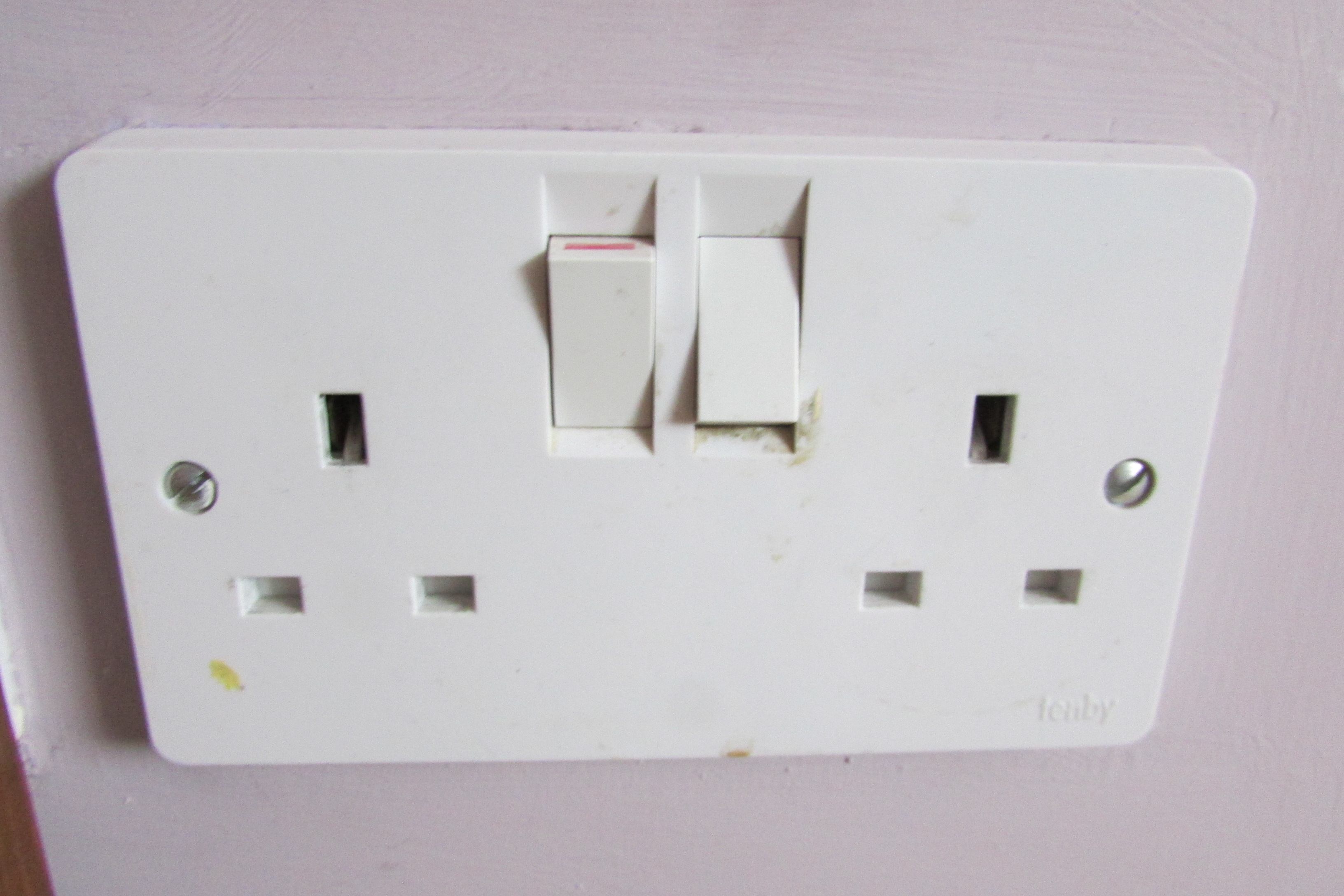
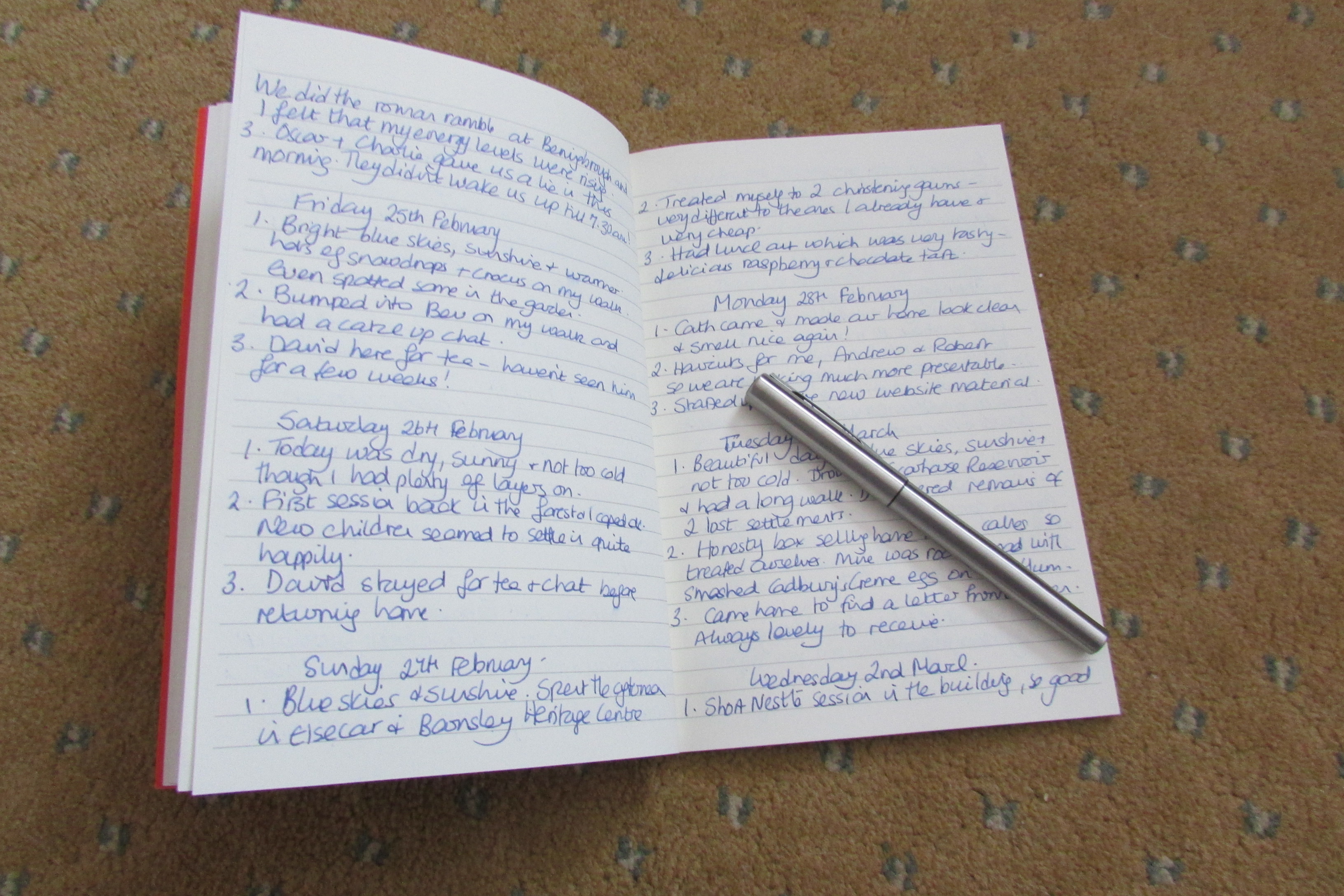
The Merry Merry Month of Magical May!


I was surprised this week when the group of children I was
working with had no idea why they had an extra day off at the weekend. May Day
meant nothing to them. They had no knowledge of previous customs and
celebrations which seemed rather sad to me. I remember watching my own children
being taught maypole dancing – the intricate weaving of ribbons to make
patterns, the intense concentration on their faces as they remembered which way
to face, when to turn etc, but even then, little was made of this celebration
and the beauty of the environment around them at this time.


The sun is shining - it must be Spring!

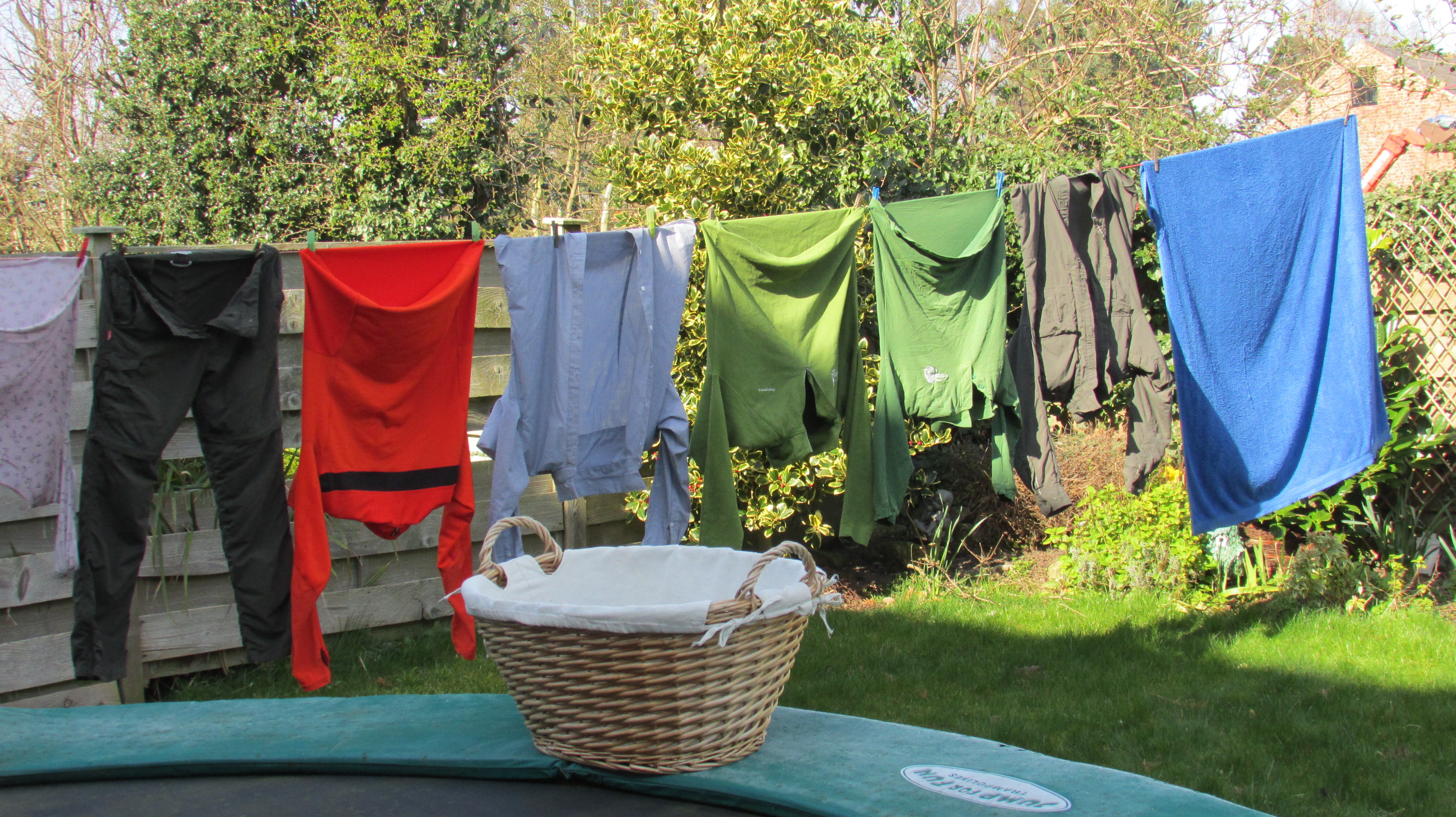

I like things about all the different seasons but find spring
is particularly uplifting. After the
long cold and frequently miserable winter weather, that unexpected dose of
sunshine and dash of blue skies really helps pick up my mood and brighten my
day. We never quite know what the weather is going to do but that is part of
the charm of spring to me – April showers, some beautiful hard frosts and blue
skies and then that burst of sun and warmth which has everyone searching their
cupboards for something suitable to wear, having been well wrapped up in thick
woolly jumpers for too long.

Mums always tell the truth don’t they?
There was a lovely piece in our paper recently about Mum
tricks – the things mums do to trick their children. Apparently in the top 25
Mum sins are: pretending to watch TV with a child but scrolling through your phone
instead, eating their chocolate when they are at school and raiding piggy banks
for loose change! I must admit to helping myself to the occasional bit of
leftover Easter egg/Christmas chocolate when desperation struck but I dutifully
sat through reams and reams of children’s TV programmes without complaint and any change I borrowed was replaced.

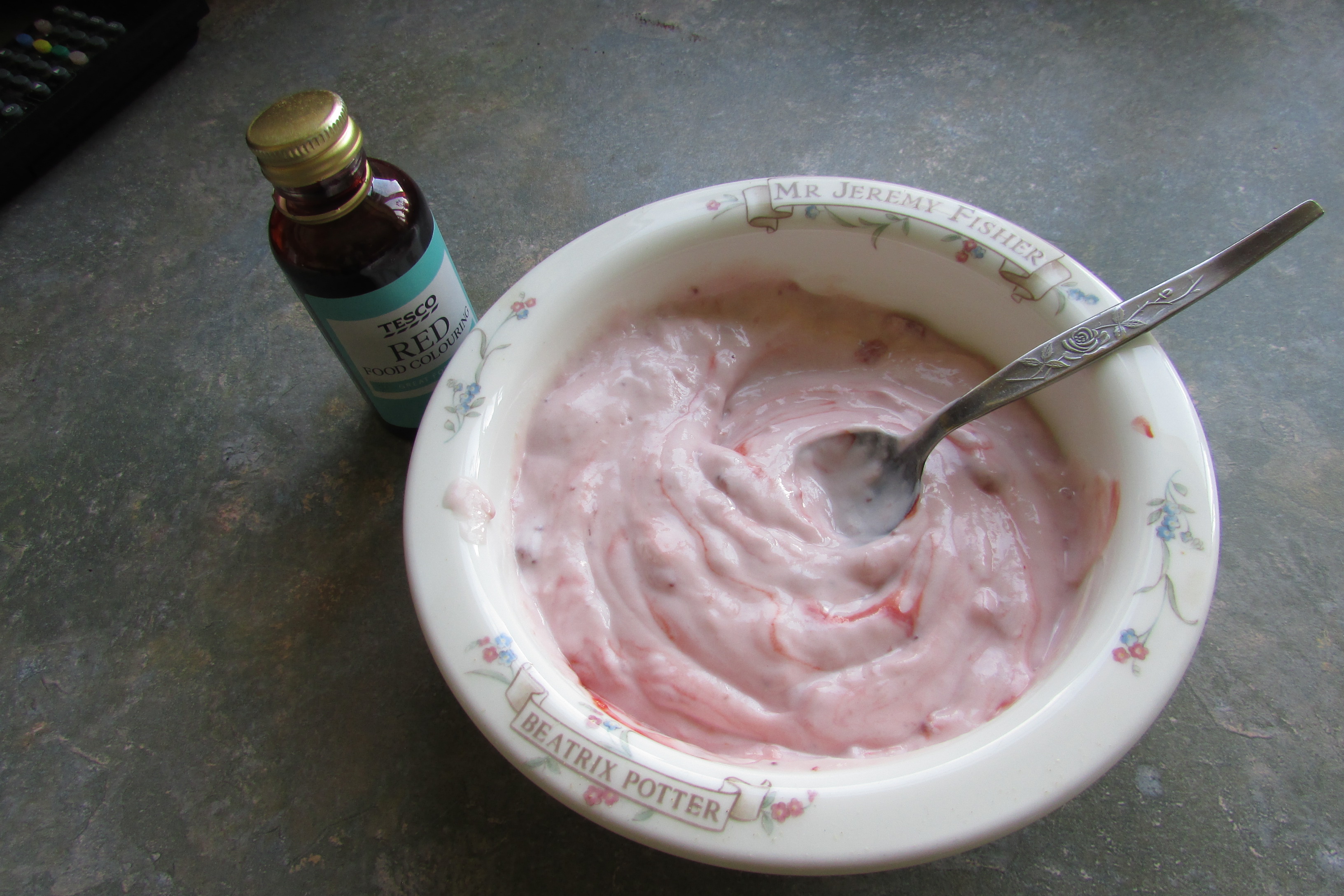
What mum sins do you employ? I would love to know.
Kindness is a virtue, or is it? Is it possible to be too kind?

I was once
told by a Headteacher that I was too kind and it confused me! She had observed
a lesson where a child had been a little vocal in his opinions and had
interrupted the flow. Afterwards I had a chat with the pupil and sent him off for
playtime. According to the Headteacher I was too kind because I hadn’t punished
him for being disruptive.
What do you
think? Is it possible to be too kind or
something we should all strive to be?
Send in your
thoughts via the contact page or @KathRainbowSkies I would love to know.
You can never have too many books.
Just not enough shelves!

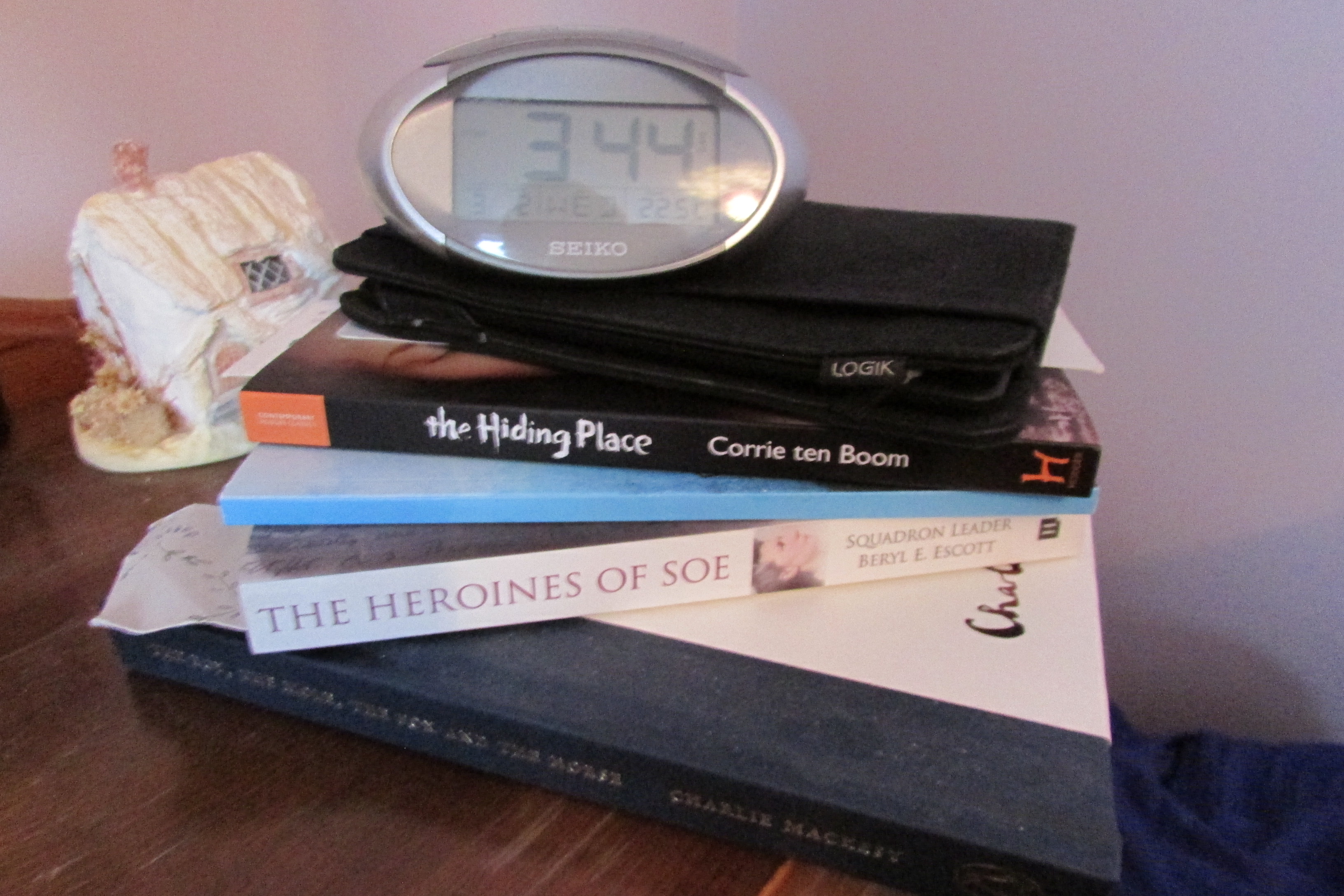
Sorry, I didn't quite catch that!
Pre pandemic
I used to swim at least twice a week at a local pool and although at first I
hated the cold, the inconvenience of changing, wet hair etc, it became a habit
and I built up my lengths bit by bit. So when the pandemic hit and the pools
closed down, I really missed my visits!
A couple of weeks ago my husband and I treated
ourselves to a weekend away, stopping in a rather posh hotel with its own tiny
swimming pool and jacuzzi. What
excitement! Packing my swimming costume into the suitcase, I couldn’t wait to
have a dip. The reality of fitting into my costume hit in the changing rooms –
two years of lockdown eating and lack of exercise had made a difference – so
changing delicately and elegantly was not really a possibility! (It’s at times like that you notice how many
mirrors there are in changing rooms, not what you want to see.) However, I finally succeeded, made my way to the pool and entered slowly into the water.

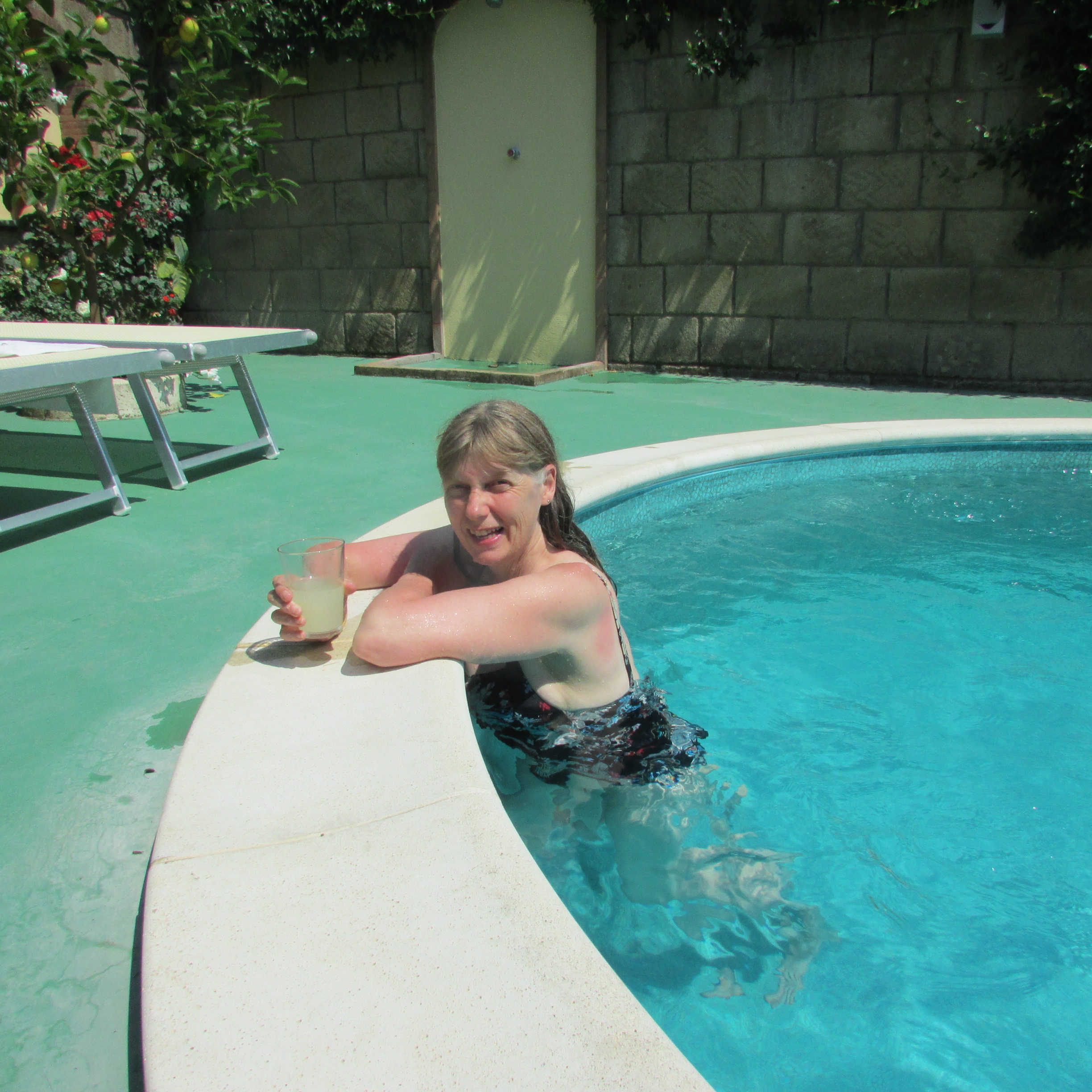
Wilt thou be
mine?
What’s your
view on Valentine’s Day?
Do you
consider it a commercial venture to take as much money from the consumer as
possible or do you see it as a day to declare your abiding love for someone you truly care about?

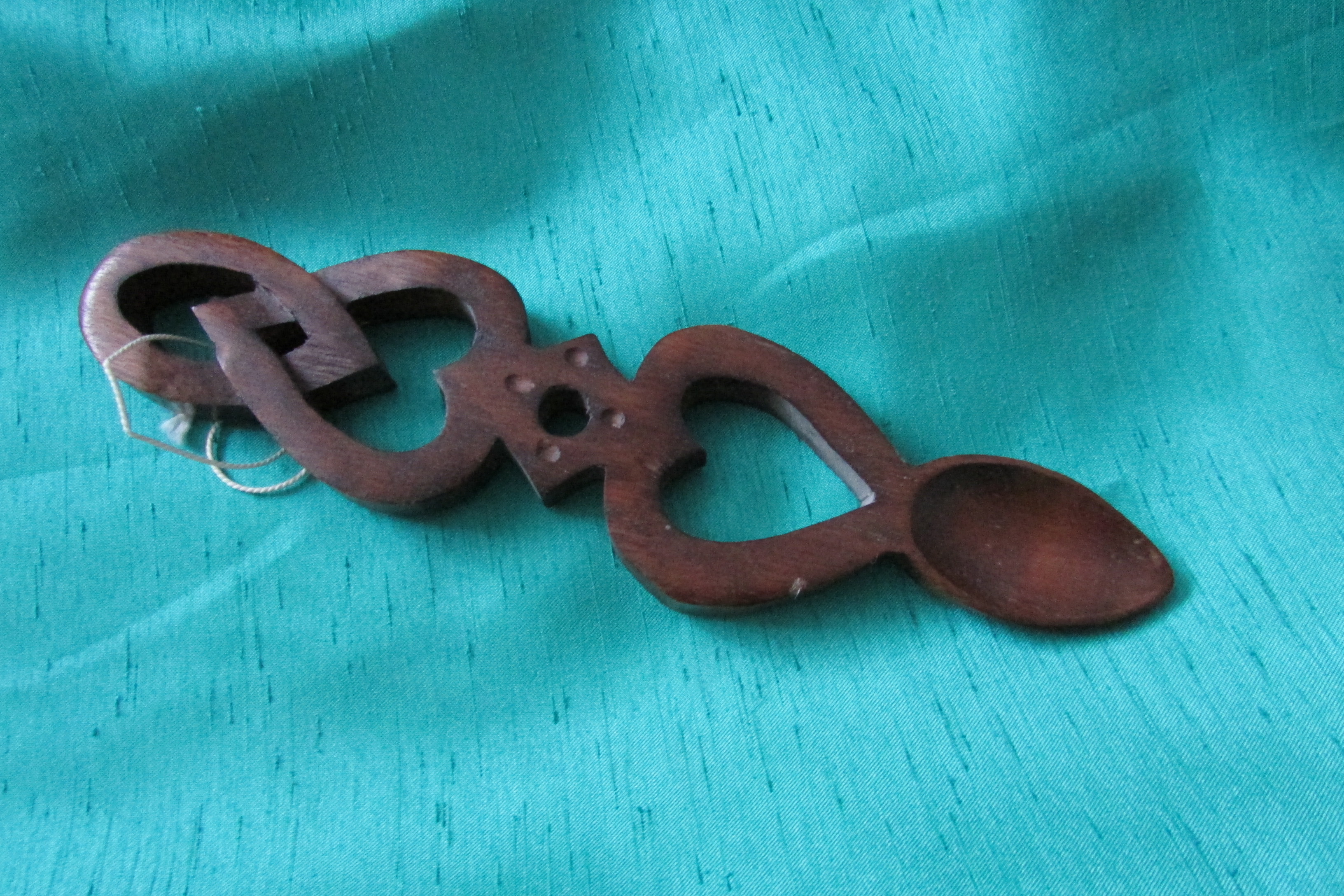
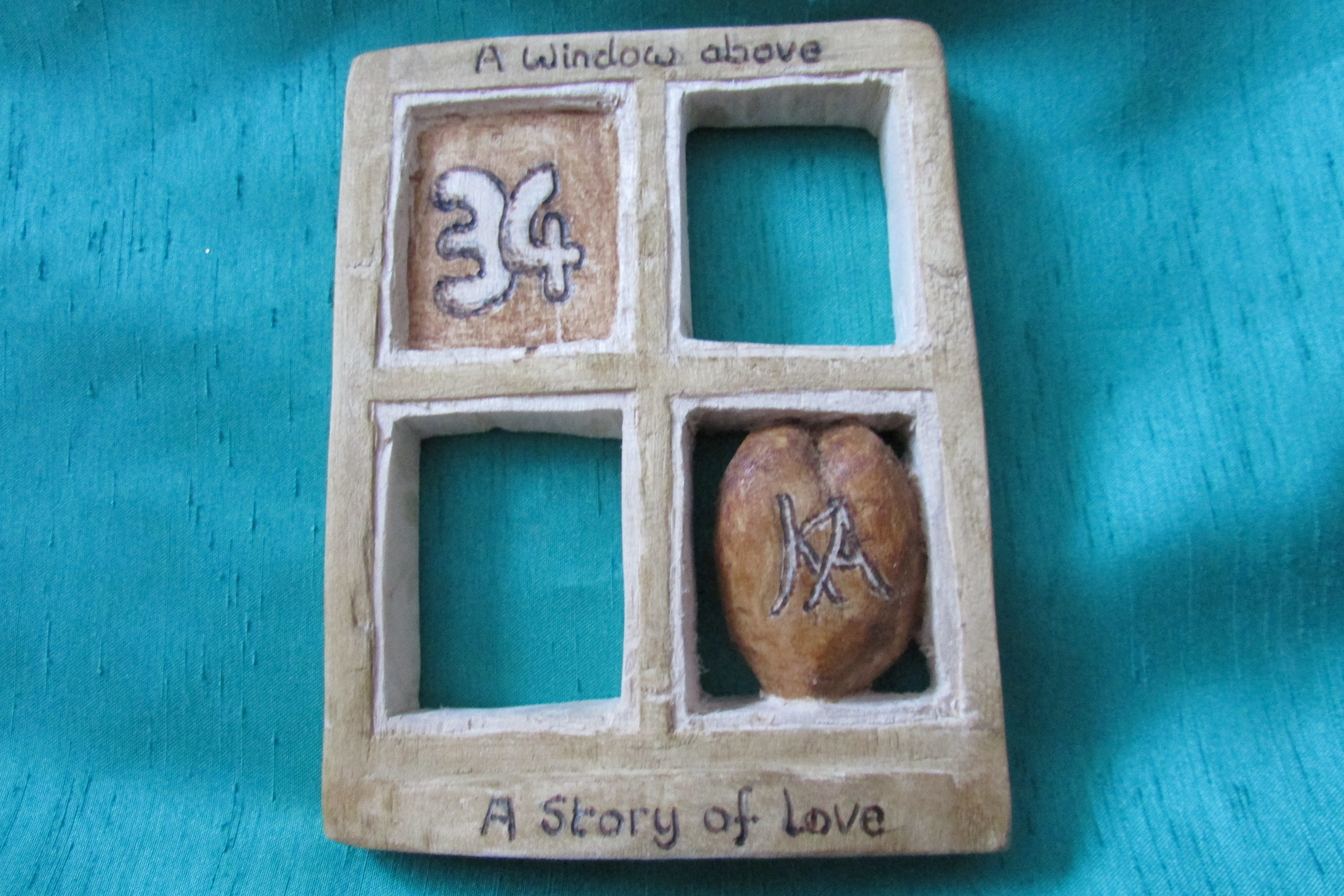
A New year - a new you?
Do you make New Year Resolutions? Do
you set out a list of ambitious targets that you aim to achieve by the end of
the year? Or do you decide that you are
so unlikely to achieve them, that you don’t bother in the first place?


Why Rainbow Skies?

W
1st January 2022
A NEW YEAR, A NEW WAY OF THINKING
I have never been one to celebrate New Year. It is the one night of the year when despite being a night owl, I want to go to bed, shut my eyes and fall into a deep sleep. I've always found it rather sad to be saying goodbye to a year and moving forward, a little older each time and usually having not achieved many of the things I thought I would. However, I dutifully stay up late, raise my glass on the stroke of midnight, say Happy New Year to family around me, and then head straight off to bed where I am usually then awake for a number of hours!
